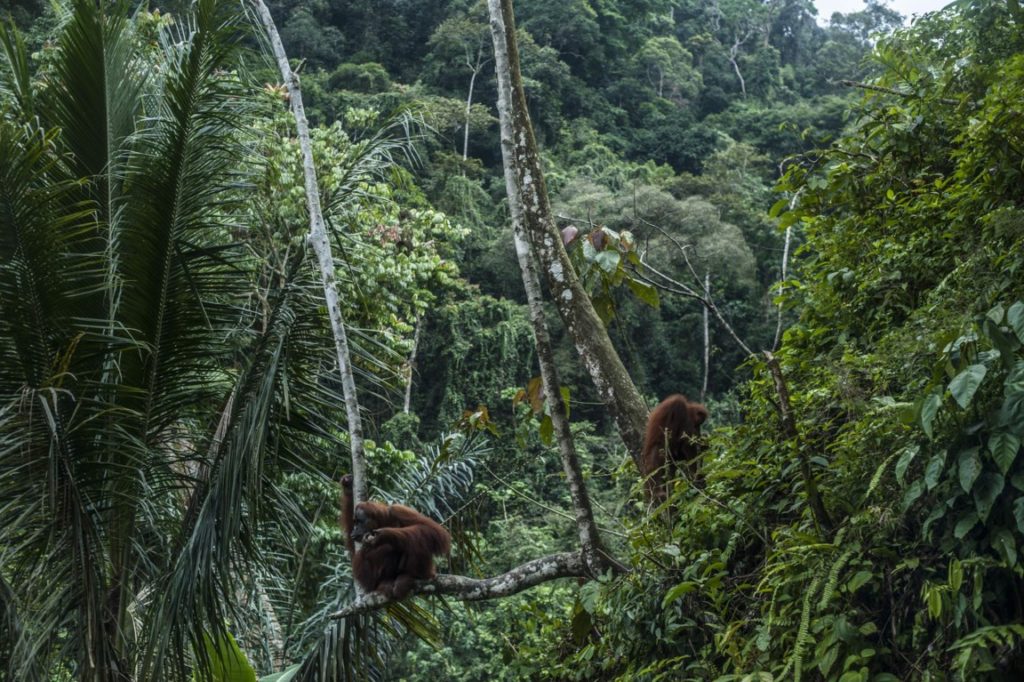Soy and palm oil will be banned from biofuels from 2022 as part of an initiative to eliminate deforestation, the Federal Minister for Environment and Climate Zakia Khattabi announced on Tuesday.
Khattabi said that, following the examples of Denmark, France, and the Netherlands, biofuels made from palm oil will no longer be allowed both on the Belgian market as well as in the transport sector, whilst soy will be banned as a raw material for transport biofuels from 2023.
"These fuels, apart from having little or no advantage over conventional fossil fuels from a climate point of view, lead to deforestation, loss of biodiversity, and even human rights violations,” Khattabi said in a statement.
The use of the most harmful biofuel, palm oil, has increased tenfold on the Belgian market between 2019 and 2020 to 231 million litres, according to the minister, who said that from 2022 onwards, biodiesel producers will have to evolve towards other-generation biofuels.
“To produce the quantity of biodiesel for the Belgian market, palm oil plantations are needed with a total area of more than 100,000 football pitches. We know from studies that at least half of these palm oil plantations are planted on land that has been deforested in the recent past,” Khattabi stated.
She added that this is the first measure taken by Belgium since it joined the Amsterdam Declarations Partnership, an agreement aimed at eliminating deforestation in relation to agricultural commodities by 2025.
“This is a first step to stop the negative environmental impact of the federal biofuels policy. The federal government will also reduce the demand for (bio)fuels by focusing on electric and rail transport," said Khattabi.
Lauren Walker
The Brussels Times

